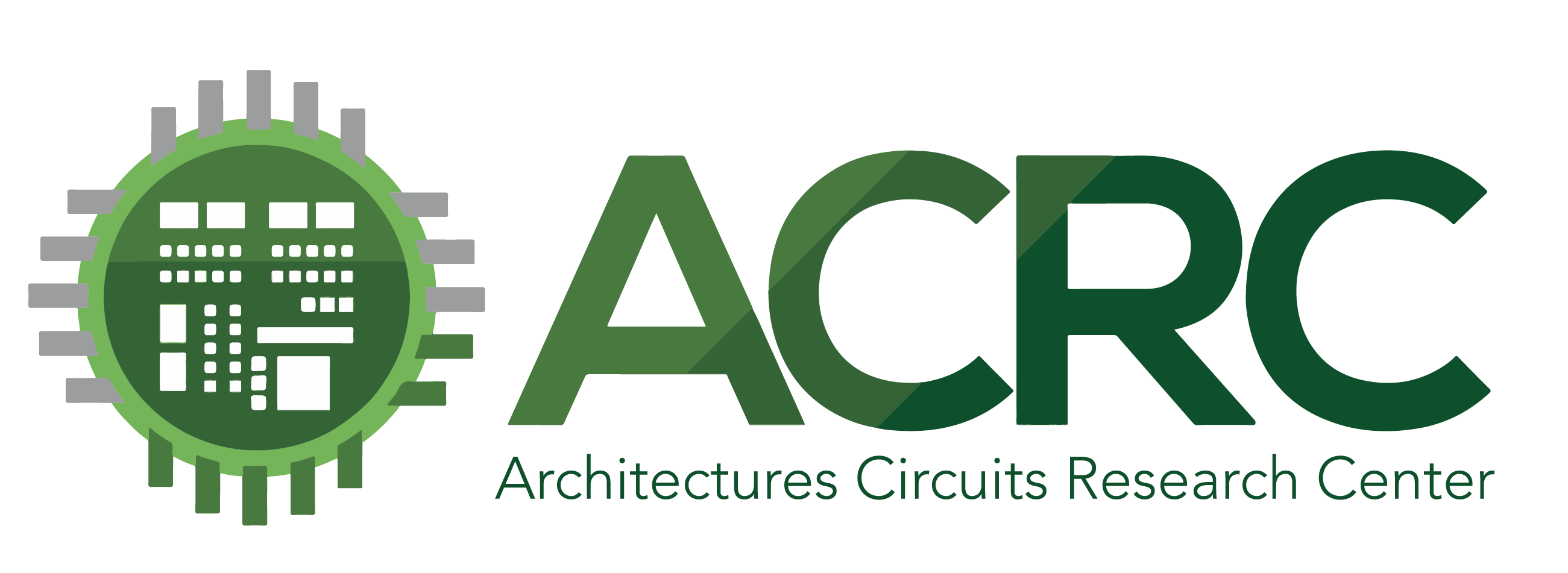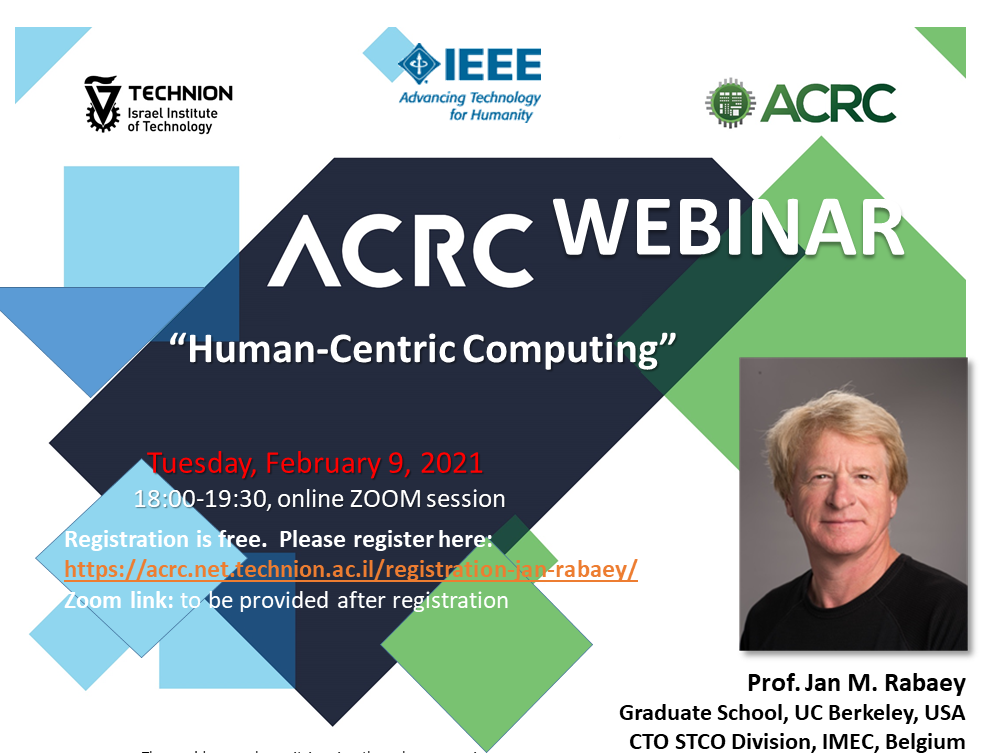The world as we know it is going through some major upheavals: climate change, pandemics and technology-induced societal changes are upsetting our world-picture with no real end in sight. Hence, an extremely relevant question is how ‘we humans’ are going to cope with this rapid evolution. One plausible answer is for us to use those same technologies to evolve ourselves, and to equip us with the necessary tools to interact with, survive, and prosper in spite of (or in light of) these changes.
Various wearable devices have been or are being developed to do just that. However, their potential to create a whole new set of human experiences is still largely unexplored. To be effective, functionality cannot be centralized and needs to be distributed to capture the right information at the right place. This requires a human intranet, a platform that allows multiple distributed input/output and information processing functions to coalesce and form a single application. In this presentation, we focus on the computational aspects of such an intranet, tasks that are complicated by the extreme energy and form-factor limitations imposed on the wearable (or implanted) devices. An important aspect is that the human intranet should not only be able to learn from experience, but capable of dealing with changes in both the environment and in itself. Moreover, it should be able to do so on a continuous base. Computational models, architectures and circuits that enable such capabilities at ultra-low energy and small form factor are hence needed. A glimpse of what may be possible will be presented.
Jan Rabaey is a Professor in the Graduate School in the EECS Department at the University of California at Berkeley, where he held of the Donald O. Pederson Distinguished Professorship for over 30 years before retiring. Before joining the faculty at UC Berkeley, he was a research manager at IMEC from 1985 until 1987. He is a founding director of the Berkeley Wireless Research Center (BWRC) and the Berkeley Ubiquitous SwarmLab, and has served as the Electrical Engineering Division Chair at Berkeley twice. In 2019, he also became the CTO of the System-Technology Co-Optimization (STCO) Division of IMEC, Belgium.
Prof. Rabaey has made high-impact contributions to a number of fields, including advanced wireless systems, low power integrated circuits, mobile devices, sensor networks, and ubiquitous computing. His current focus is of the interaction between the cyber and the biological world (amongst many other things.
He is the recipient of major awards, amongst which the IEEE Mac Van Valkenburg Award, the European Design Automation Association (EDAA) Lifetime Achievement award, the Semiconductor Industry Association (SIA) University Researcher Award, and the SRC Aristotle Award. He is an IEEE Fellow, a member of the Royal Flemish Academy of Sciences and Arts of Belgium, and has received a number of honorary doctorates. He has been involved in a broad variety of start-up ventures.
Important: The participation is free of charge, but registration is required
For more details and updates on the series of “ACRC Semiconductor Webinars” please follow our newsletters and our website



